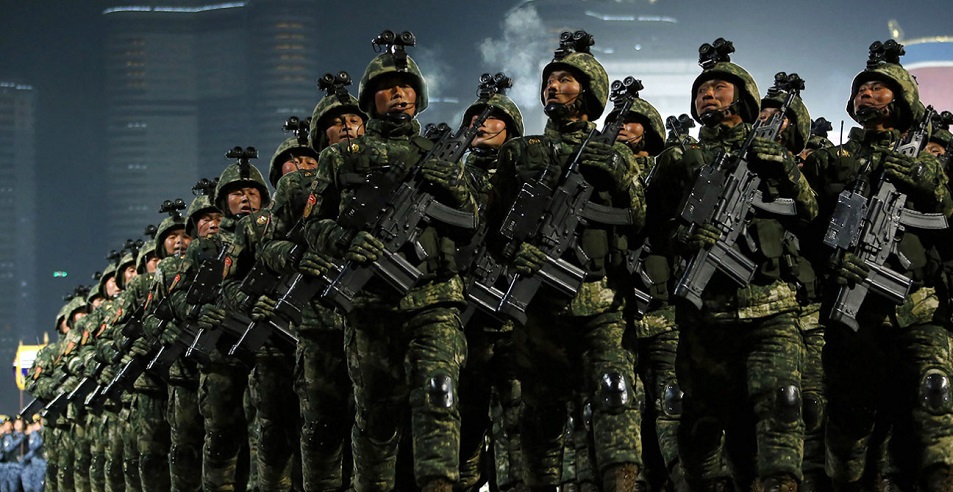Reports of North Korean troops being sent to Russia to fight in Ukraine have raised global concern, with some sources claiming these soldiers are being trained at a military base in Ulan-Ude, Buryatia, to be sent to the Ukrainian front “disguised as Buryats” due to the perceived difficulty in distinguishing between Koreans and Buryats, both of whom are Asian.
The Buryats, an Indigenous Siberian group of Mongolic origin, have been significantly overrepresented among Russian forces and casualties in the Ukraine war. This ethnic group has often been seen as a symbol or “collective image” for any Asian troops deployed by Russia, explained Alexandra Garmazhapova, a prominent Buryat journalist and president of the Free Buryatia Foundation. “Putin has reportedly negotiated for Koreans from the DPRK to fight in Ukraine under the guise of Buryats,” Garmazhapova wrote, highlighting this recurring depiction.
The Free Buryatia Foundation responded a week later with a cartoon satirizing the situation: President Vladimir Putin instructs two North Korean soldiers, saying, “Korean Comrades, your task is to pretend to be Buryats pretending to be Donbas coal miners!” This draws from a past tactic in which Buryat troops were deployed to eastern Ukraine during the Donbas conflict, presented as part of a “Donbas militia.”
Reflecting on these events, Dr. Sayana Namsaraeva, a Buryat scholar at the University of Cambridge, noted, “History repeats itself in strange ways.” Dr. Namsaraeva’s recent work examines Buryat and Soviet Asian involvement in the Korean War (1950–1953), during which Buryats, Sakha, Tuvans, and other Soviet Asians disguised themselves as Chinese volunteers and fought for North Korea.
This tactic mirrors Russia’s covert role in the Korean War and its approach in the Donbas War, with Buryat troops involved in both conflicts. Although Soviet participation in the Korean War was initially denied, with all soldiers required to sign confidentiality agreements, the post-Soviet era saw official recognition of the role Soviet Asians played, with stories appearing in local media in Buryatia, Sakha (Yakutia), and Tuva.
Despite this recognition, however, the broader narrative of Buryat involvement in the Korean War remains underexplored, and the full extent of their participation is still largely absent from public memory.
I am an experienced writer, analyst, and author. My exposure in English journalism spans more than 28 years. In the past, I have been working with daily The Muslim (Lahore Bureau), daily Business Recorder (Lahore/Islamabad Bureaus), Daily Times, Islamabad, daily The Nation (Lahore and Karachi). With daily The Nation, I have served as Resident Editor, Karachi. Since 2009, I have been working as a Freelance Writer/Editor for American organizations.










